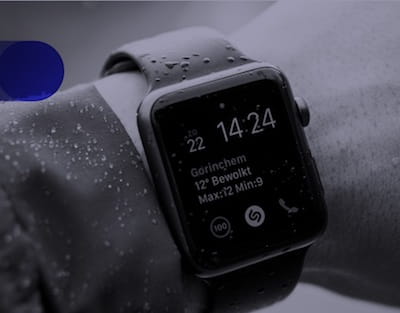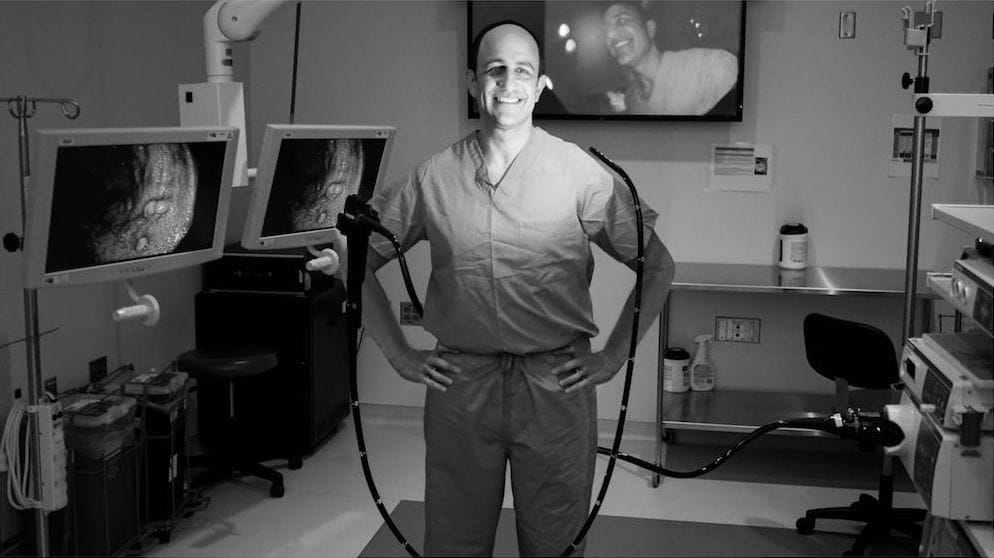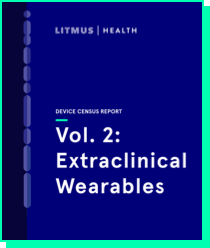
Wearable Devices Can Predict Disease Activity in Inflammatory Bowel Disease Patients
Inflammatory Bowel Disease Center, University of Chicago Medicine, Chicago, USA, Litmus Health, Inc., Austin, TX, USA
P. H. Sossenheimer, O. V. Yvellez, M. Andersen, T. Pearl, K. El Jurdi, D. B. Rubin, A. Mayampurath, D. T. Rubin

Background
Certain biomarkers, including C-reactive protein (CRP) and faecal calprotectin (FC), are sensitive biomarkers for active inflammation in IBD. As part of an ongoing prospective study on the use of biosensors in IBD, we aimed to determine the feasibility of predicting a patient’s disease activity based on data collected by wearable devices.
Conclusion
We demonstrate for the first time the use of passive biosensor data to predict elevated biomarkers of inflammation in IBD. These results inform our ongoing prospective work to develop disease monitoring and management strategies.

Use of Wearable, Mobile, and Sensor Technology in Cancer Clinical Trials
JCO CLINICAL CANCER INFORMATICS
Suzanne M. Cox, Ashley Lane, and Samuel L. Volchenboum

As the availability and sophistication of mobile health (mHealth) technology (wearables, mobile technology, and sensors) continues to increase, there is great promise that these tools will be transformative for clinical trials and drug development. This review provides an overview of the current landscape of potential measurement options, including the various types of data collected, methods/tools for collecting them, and a crosswalk of available options. The opportunities and potential drawbacks of mHealth in cancer clinical trials are discussed. Specific concerns related to data accuracy, provenance, and regulatory issues are highlighted, with suggestions for how to address these in future research. Next steps for establishing mHealth methods and tools as legitimate and accepted measures in oncology clinical trials include continuation of regulatory definition by the FDA; establishment of security standards and protocols; refinement and implementation of methods to establish and document data accuracy; and finally, creation of feedback loops wherein regulators receive updates from researchers with better and more timely data, which should decrease trial times and lessen drug development costs. Implementing mHealth technologies into cancer clinical trials has the potential to transform and propel oncology drug development and precision medicine to keep pace with the rapidly increasing developments in genomics and immunology.














